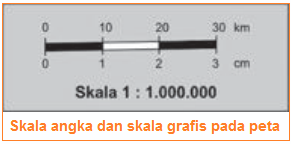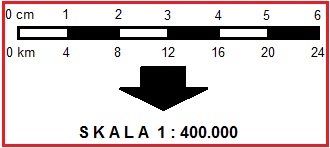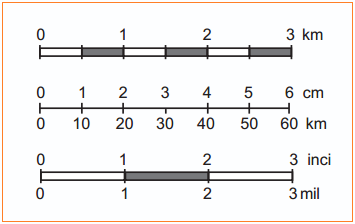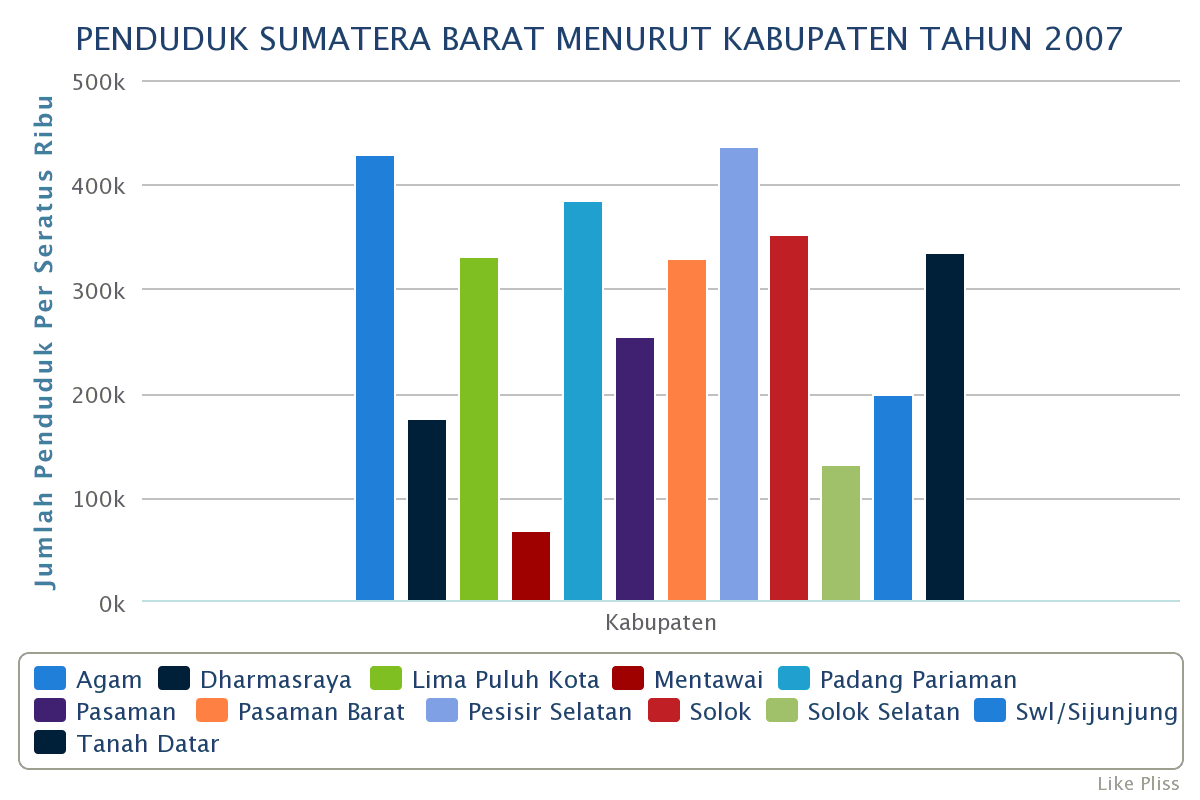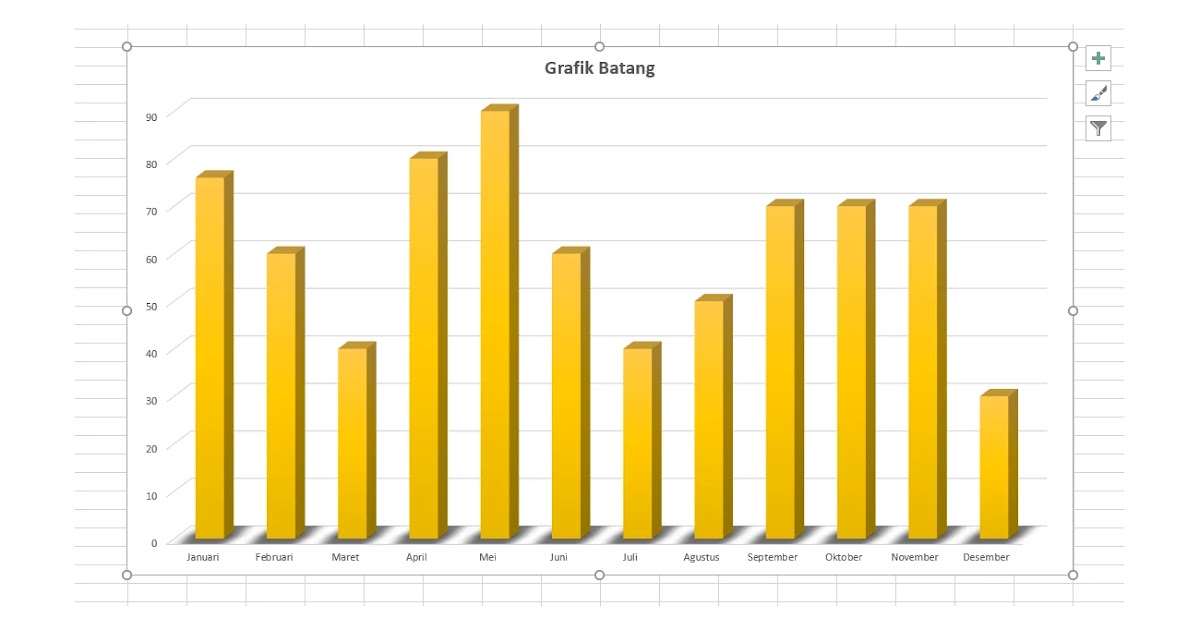Cracking the AutoCAD Scale Bar Code: Your Blueprint to Success
Ever squint at a blueprint and wonder, "What size is that thing *actually* supposed to be?" We've all been there. In the world of design, accurate representation is everything. Whether you're an aspiring architect sketching your dream home or an engineer mapping out a complex infrastructure project, one thing's for sure: a scale bar isn't just a fancy line, it's your lifeline to clarity.
Imagine this: you've poured your heart and soul into designing the perfect patio, but when contractors see the plans, they're building a helipad! That, my friends, is the danger of a missing or miscalculated scale bar. It's the silent saboteur of otherwise stellar blueprints, leading to miscommunication, costly errors, and enough construction mishaps to make your hair stand on end.
Enter AutoCAD, the digital drafting tool that's become the industry standard. Powerful, yes, but it's not exactly known for its intuitive simplicity. Even seasoned pros can find themselves wrestling with AutoCAD's intricacies, especially when it comes to something as seemingly simple as a scale bar. And let's be real, the struggle is real when you're trying to make your design look like it was crafted by a seasoned professional, not a first-year design student.
Don't worry, we've got your back. This isn't just another dry technical manual. We're diving deep into the world of AutoCAD scale bars, arming you with the knowledge you need to banish scale-related anxieties forever. Think of this as your ultimate cheat sheet, packed with tips, tricks, and step-by-step instructions to help you conquer this essential AutoCAD skill.
First things first, let's demystify this whole "scale bar" thing. In essence, it's a visual representation of the ratio between drawing dimensions and real-world measurements. It's the magic key that unlocks the true size and proportions of your design, ensuring everyone is on the same page (literally!). Whether you're dealing with sprawling landscapes or intricate machine parts, a clear and accurate scale bar is non-negotiable.
Advantages and Disadvantages of Using AutoCAD for Creating Scale Bars
While AutoCAD offers powerful tools for creating scale bars, it's essential to weigh the pros and cons:
| Advantages | Disadvantages |
|---|---|
| Precision and Accuracy: AutoCAD enables the creation of incredibly precise and accurate scale bars, eliminating the risks of manual errors. | Learning Curve: AutoCAD can be complex for beginners, requiring time and effort to master its features. |
| Flexibility and Customization: You have complete control over the appearance and placement of your scale bar, tailoring it to your specific needs. | Software Cost: AutoCAD is a premium software, which might be a barrier for some users. |
| Time-Saving: Once you've mastered the basics, creating scale bars in AutoCAD is quick and efficient, especially for complex drawings. | Technical Issues: Occasional software glitches or compatibility issues can arise, requiring troubleshooting. |
Mastering the art of the AutoCAD scale bar is like adding a secret weapon to your design arsenal. It's the mark of a true professional, signaling that you're not just drawing lines, but communicating a vision with precision and clarity. So, embrace the power of the scale bar, ditch the ruler, and watch your designs transform from ambiguous sketches to confident blueprints ready to take on the real world.
Decoding the allure of flamingo feather hues in paint
Tak shing investment co ltd your burning investment questions answered
Your santander banking on berlin turnpike a newington ct guide

